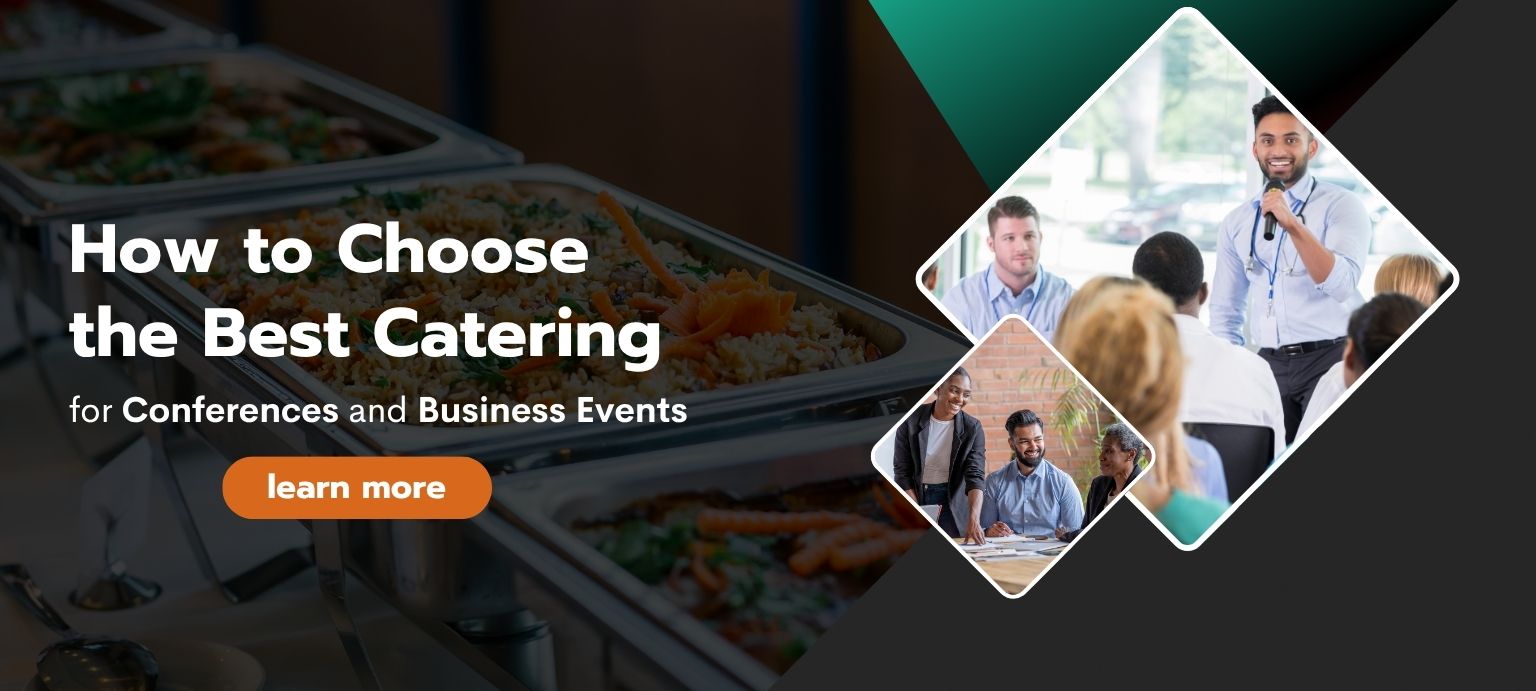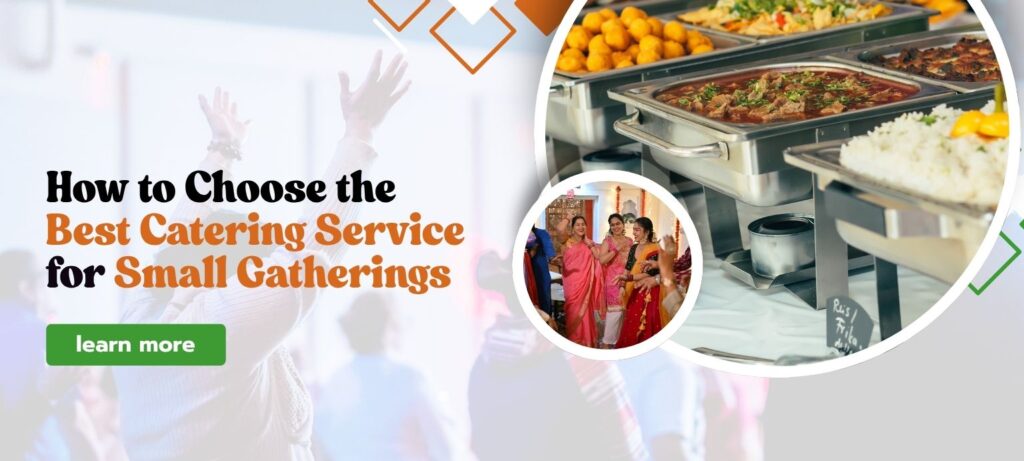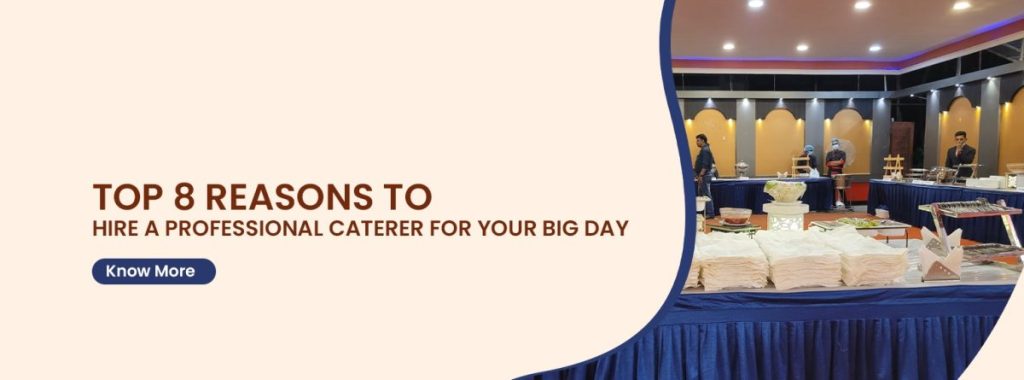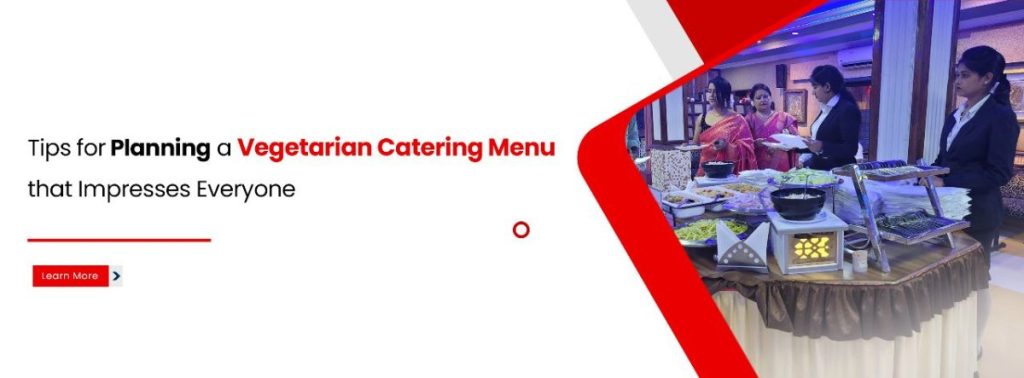Organizing a business event or conference involves a variety of crucial decisions—one of the most important being the catering. Food has a subtle yet powerful influence on how an event is experienced by attendees. A well-planned menu can contribute to productive discussions, help participants stay energized and even support networking opportunities during breaks. On the other hand, poorly managed catering can lead to dissatisfaction, disruptions or negative impressions about the event as a whole. Choosing the right catering for conferences is not just about the food—it’s about timing, presentation, dietary considerations and ensuring a seamless flow with the event’s schedule. Whether you’re hosting a half-day seminar, a multi-day conference or a high-level executive meeting, the catering should align with the professional tone and objectives of the gathering. In this guide, we’ll take you through the key points to consider when selecting the best catering for conferences and business events.
1. Understand the Scale and Format of the Event
Before contacting catering services, you need to define the size, type and flow of the event. Are you planning an intimate roundtable meeting or a large-scale multi-track conference? Will there be multiple meal breaks, buffet stations or just light refreshments? Knowing the schedule and format of your event helps determine the kind of service required—whether it’s boxed meals, plated service, buffet setups or grab-and-go snacks. Additionally, this planning stage allows you to estimate portions more accurately and avoid food waste or shortages.
2. Prioritize Menu Diversity and Dietary Requirements
Every group of attendees will include individuals with different dietary preferences and restrictions. From vegetarian and vegan diets to gluten-free or nut-free requirements, your catering for conferences should reflect inclusivity. A diverse menu with clearly labelled items helps guests feel considered and safe. When evaluating caterers, ask about how they handle allergies, special requests and custom menu planning. A responsible caterer should be able to accommodate these needs without compromising quality or presentation.
3. Choose a Style That Matches the Event Tone
The catering style should align with the atmosphere and objectives of the event. For example, networking events benefit from casual finger foods or live stations that allow movement and interaction. On the other hand, formal business dinners may require a seated, multi-course meal with professional table service. Some conferences, especially in the tech or corporate sectors, prefer minimalist and healthy offerings—think fruit platters, yogurt cups or artisanal sandwiches. Always choose a style that supports the rhythm of the day rather than disrupts it.
4. Evaluate the Caterer’s Experience with Business Events
Experience matters when it comes to corporate catering. Not all caterers specialize in the punctuality, discretion and consistency that business settings demand. Look for companies that have handled similar events in the past. Ask for references or case studies and look into their punctuality, cleanliness, service professionalism and adaptability under pressure. A caterer with proven expertise in catering for conferences is more likely to understand the nuances involved—such as coordinating with venue staff, maintaining food temperature or adjusting to last-minute schedule changes.
5. Focus on Logistics and Service Setup
Catering goes beyond food preparation—it includes delivery, setup, serving and clean-up. Make sure the caterer has a plan in place for how the food will be served and how the staff will interact with guests. Will there be enough attendants to manage buffet lines efficiently? Is there an option for branded table settings or sustainable cutlery? These details may seem minor but contribute significantly to the guest experience. Efficient service ensures attendees remain focused on the event’s content rather than getting stuck in long queues or managing messy plates.
6. Consider Time Sensitivity and Meal Breaks
In business events, timing is everything. Delays in food service can affect the entire day’s schedule. Work closely with your caterer to ensure meals and refreshments are served at specific times with minimal disruption. Coffee breaks, lunch hours or cocktail receptions should be planned down to the minute. An experienced team handling catering for conferences understands the importance of timing and can set up in advance without disturbing on-going sessions. You might even want to provide pre-packed snack bags for guests arriving early or leaving late.
7. Prioritize Quality Over Quantity
While staying within budget is important, cutting corners on food quality can backfire. A few high-quality dishes often make a better impression than a sprawling yet mediocre spread. Taste test menus whenever possible before finalizing your choice. High-quality catering for conferences doesn’t necessarily mean gourmet meals; it means fresh ingredients, balanced flavours, visually appealing presentation and safe handling practices. Investing in quality catering is a reflection of how much you value your guests’ experience.
8. Sustainability and Eco-Friendly Options
Today’s event organizers are becoming more conscious about the environmental footprint of their events. Ask your caterer if they use biodegradable packaging, source ingredients locally or offer composting and recycling services. Sustainable practices are not only good for the planet but also appreciated by attendees who are increasingly aware of climate issues. Offering eco-friendly catering for conferences can even become a value-add to your event messaging and brand image.
9. Get Transparent Pricing and Contracts
Always ensure that you get clear, written estimates that cover all services—from food and labour to travel, rentals and clean-up. Watch out for hidden fees such as overtime charges or equipment rentals. Reputable caterers will provide detailed breakdowns and be open to adjusting quotes based on your changing requirements. A transparent pricing structure also helps you compare multiple options and stay on budget without sacrificing important elements.
10. Don’t Skip the Tasting Session
Before finalizing your caterer, ask for a tasting session. This is your chance to assess the quality, variety and presentation of the food. It’s also an opportunity to test how well the caterer listens to your feedback and customizes options. Even if you’re planning catering for a large-scale conference, this hands-on experience gives you peace of mind and helps you make a confident decision.
Final Thoughts
Selecting the right catering for conferences is a balance between logistics, quality, service and personalization. It’s a behind-the-scenes element that holds the power to make or break the overall flow of your event. With careful planning and the right questions, you can find a catering partner who not only delivers excellent food but also enhances the professionalism and comfort of the business gathering. Always plan early, communicate clearly and remember that good food served well is one of the most memorable parts of any conference.
If you are organizing a conference, seminar, business meeting or any corporate gathering and are searching for the Best Catering Services in Kolkata, Hindusthan Cuisine would be the perfect choice to meet your needs. Our entire operations are managed by IHM, Kolkata (Taratala) qualified professionals, ensuring the highest standards of quality, hygiene and service. We take pride in being the most well-known professional caterer in Eastern India. Our extensive culinary expertise covers a wide variety of cuisines, including Bengali, Mughlai, Punjabi, South Indian, Pan Asian, Continental and other international cuisines. Whether it’s a formal corporate lunch, an elegant networking dinner or full-day event catering for conferences, we customize each menu to match the tone and goals of your event. With years of experience and a commitment to excellence, we focus on every detail—so you can focus on making your event a success.







